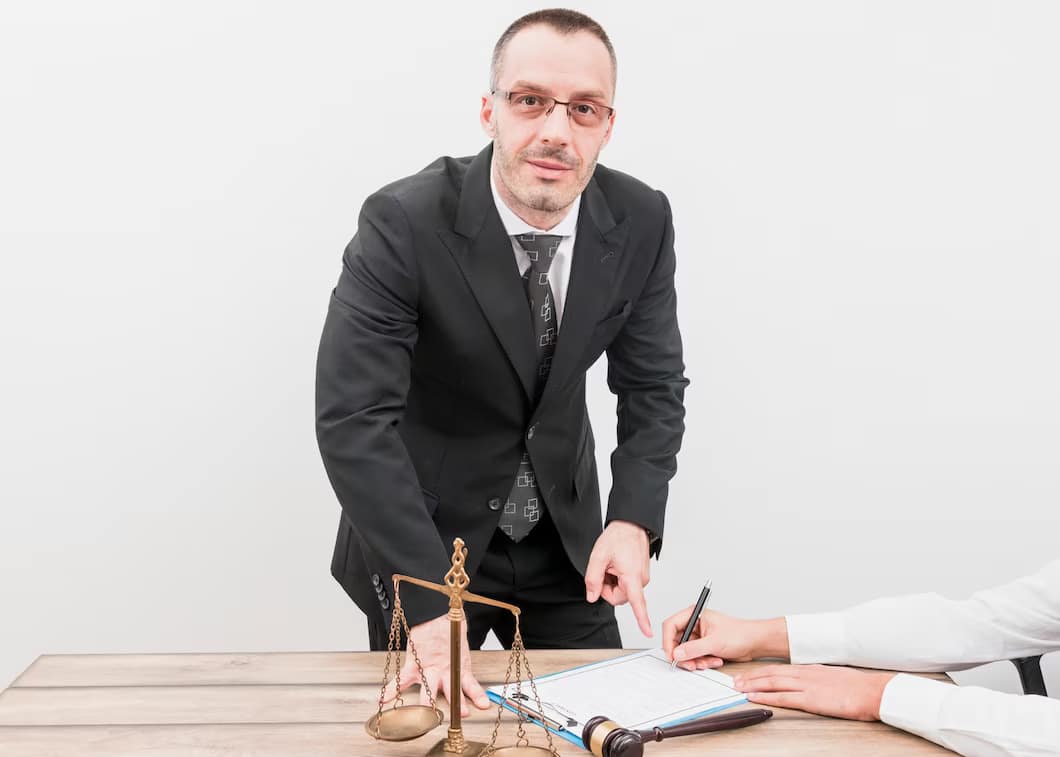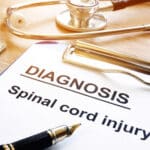
Navigating the complex world of insurance claims can be daunting; ensure you’re well-equipped to deal with adjusters and secure the compensation you deserve.

Understanding the Role of Insurance Adjusters
Insurance adjusters play a crucial role in the personal injury claims process. They are representatives of the insurance company and their main goal is to protect the interests of the insurer. It’s important to understand that adjusters are not on your side and their job is to minimize the amount of compensation the insurance company has to pay. They will investigate the details of your accident, review medical records, and assess the damages to determine the value of your claim.
By understanding their role, you can better navigate interactions with insurance adjusters and protect your rights. Remember to always approach conversations with adjusters with caution and be mindful of what you say, as anything you disclose may be used against you to reduce your claim.
Common Mistakes to Avoid When Speaking with Adjusters
When speaking with insurance adjusters, it’s important to avoid certain common mistakes that could potentially harm your claim. One common mistake is providing a recorded statement without consulting with a personal injury attorney first. Insurance adjusters may try to manipulate your words or twist your statements to diminish the value of your claim. It’s best to seek legal advice before giving any statements.
Another mistake to avoid is accepting the first settlement offer without carefully evaluating its adequacy. Insurance companies often make low initial offers in hopes that you will accept less than you deserve. It’s important to negotiate and consider the full extent of your damages before agreeing to any settlement.
Additionally, avoid signing any documents or waivers without fully understanding their implications. Insurance adjusters may use complex legal language to include provisions that limit your rights or release the insurance company from further liability. It’s crucial to have an attorney review any documents before signing them.
Lastly, avoid discussing your case or posting about it on social media. Insurance adjusters may monitor your online presence to gather evidence that contradicts your claim. Be cautious about what you share and remember that even innocent posts can be misinterpreted and used against you.
The Importance of Documentation in Strengthening Your Claim
Documentation is key to building a strong personal injury claim. The more evidence you have to support your case, the better your chances of receiving fair compensation. It’s important to gather and preserve all relevant documents and information related to your accident and injuries.
Start by collecting detailed records of your medical treatment, including doctor’s notes, diagnostic test results, and invoices. These documents will help establish the extent of your injuries and the costs associated with your medical care.
In addition to medical records, keep track of any bills or receipts for expenses incurred as a result of the accident, such as medication costs, rehabilitation fees, or transportation expenses for medical appointments. These can be included in your claim to seek reimbursement.
Photographs of the accident scene, property damage, and your injuries can also be powerful evidence. Take photos as soon as possible after the accident to accurately depict the conditions at the time.
Witness statements can also strengthen your claim. If there were any witnesses to the accident, gather their contact information and ask if they would be willing to provide a statement about what they saw.
By maintaining thorough documentation, you can provide compelling evidence to support your claim and counter any attempts by insurance adjusters to downplay the severity of your injuries or the impact on your life.
Negotiating Your Settlement: Tactics and Pitfalls
Negotiating a fair settlement with insurance adjusters requires careful strategy and awareness of potential pitfalls. One tactic often used by adjusters is to delay the settlement process in hopes that you will become impatient and accept a lower offer. It’s important to remain patient and persistent throughout the negotiation process.
Another tactic to be aware of is the use of comparative negligence. Insurance adjusters may try to argue that you were partially at fault for the accident in order to reduce the amount of compensation they have to pay. It’s important to gather evidence and build a strong case to counter any attempts to shift blame onto you.
Additionally, be cautious of settlement offers that seem too good to be true. Insurance adjusters may make seemingly generous offers early on in the process to tempt you into accepting less than you deserve. It’s important to consult with a personal injury attorney who can provide an objective assessment of the value of your claim and guide you in negotiations.
Lastly, be prepared for the possibility of litigation. If negotiations with insurance adjusters fail to result in a fair settlement, you may need to pursue legal action. Having an experienced personal injury attorney by your side can greatly enhance your chances of success in court and ensure that your rights are protected.
When to Seek Professional Legal Assistance
While it’s possible to handle your personal injury claim on your own, there are certain situations where seeking professional legal assistance is highly recommended.
Firstly, if your injuries are severe or long-lasting, it’s important to consult with an attorney who specializes in personal injury law. They can help you accurately assess the value of your claim, taking into account future medical expenses, loss of earning capacity, and pain and suffering.
Additionally, if liability for the accident is disputed or unclear, an attorney can help gather evidence and build a strong case to prove fault. Insurance companies often try to shift blame onto the injured party, and having a skilled attorney on your side can level the playing field.
Furthermore, if you encounter resistance or unfair practices from the insurance company, such as delaying the claims process or denying your claim without valid reasons, it’s crucial to seek legal representation. An attorney can advocate for your rights, negotiate on your behalf, and, if necessary, take the case to court.
In summary, it’s important to consult with a personal injury attorney when your claim involves severe injuries, disputed liability, or unfair treatment from the insurance company. They can provide expert guidance, protect your rights, and ensure you receive the full compensation you deserve.




